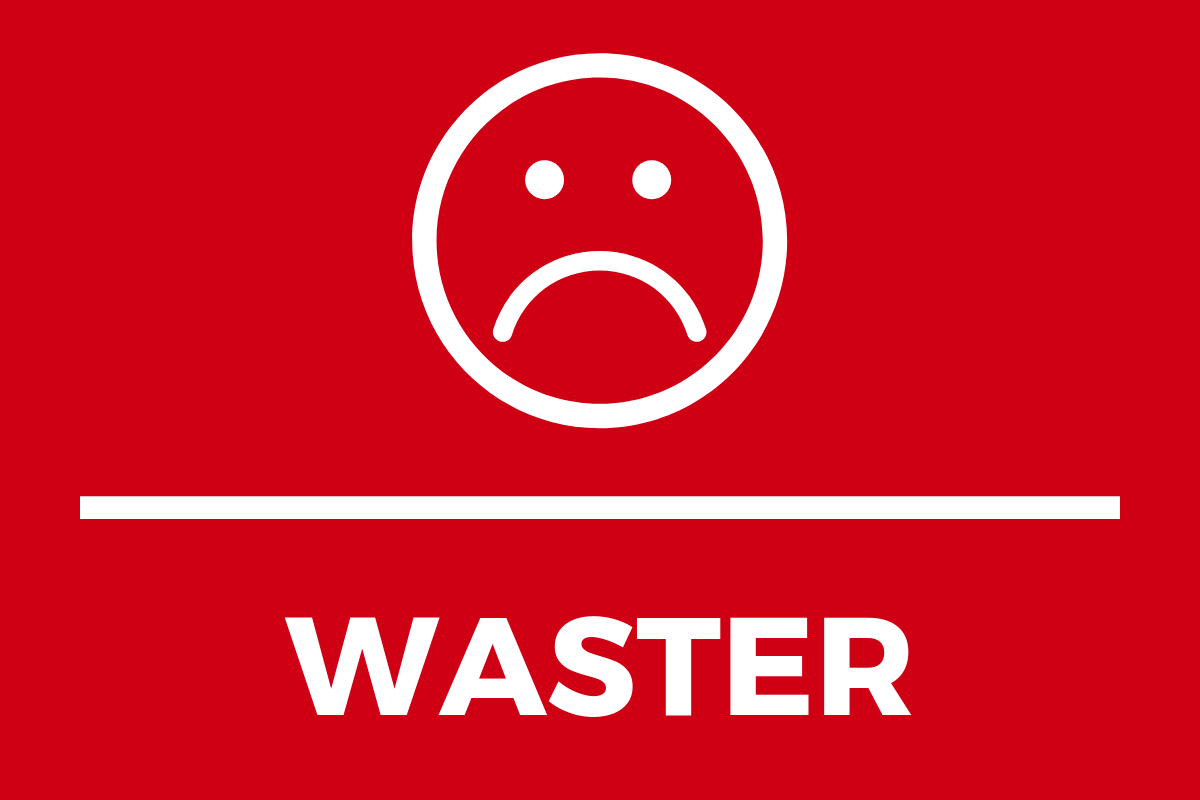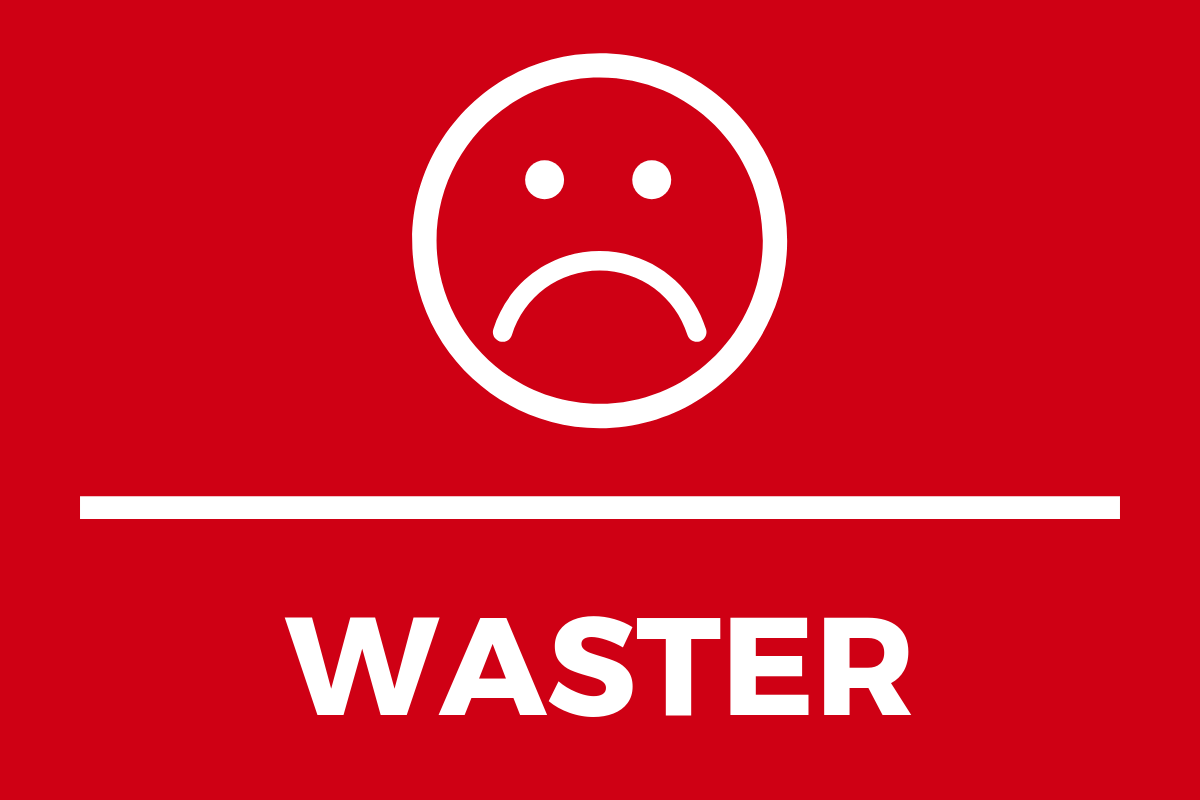Contamination enforcement: the good, the bad, the ugly

These days, contamination enforcement is all over the media—and rightly so. It’s a sticky issue. When it comes to getting people to adopt the right recycling behaviors, the last thing you want to do is alienate them. Unfortunately, contamination enforcement can do just that. Even worse, it can discourage residents from recycling altogether.
Today, we’re going to look at how some communities are approaching contamination enforcement and whether or not their campaigns have proven successful.

Peterborough City, UK
Recently, Peterborough council experienced some serious backlash in response to a recycling campaign that aimed to “help communities think twice about what they could recycle”. For the campaign, a red, sad-face emoji that read “Waster” was put on residents’ garbage bins. Suffice it to say this did not go over well.
@WRAP_UK thanks for my ‘waster’ sticker plonked on my bin this morning! The whole street has one. Is the sticker recyclable? As an avid recycler I’m miffed!
— Louise Gross (@lou_loutinks) November 28, 2018
… and the kicker: the stickers weren’t recyclable.
Solid waste is a service, and like any service, it should put customers first. Though this campaign’s intentions were good, it put residents off instead of inspiring them to do better, which is what we all want at the end of the day. Ultimately, that’s why this campaign failed, and why the Peterborough council had to issue an apology to its residents.
Richmond, California
An East Bay hauler started slapping contamination notices on customers’ bins in Richmond, letting them know that trash had been found in their recycling. Some received bills in the mail for “contamination” without receiving a notice. What should have been a learning opportunity ended up being needlessly inflammatory. One person vented their frustrations on the site Nextdoor, saying: “I’ll just quit using the blue bin at all!”
Instead of having an ‘us vs. them’ mentality, it’s always better to adopt a collaborative approach—especially with something like recycling, which requires buy-in from everyone. The fact is: communities don’t have any chance of tackling the waste problem unless they work together.
Toronto, Ontario
Toronto has long considered fining residents for contamination infractions, although that’s not a path they’ve gone down. Even still, residents and local media have been STRONGLY opposed to it (see this op-ed for context…). The crux of the argument is that, instead of issuing fines, communities should focus on educating their residents.
Frankly, it’s a pretty good point.
Right now, Toronto’s contamination enforcement looks a little like this:
1st offence – bins are tagged, educational resources are left behind to inform residents
2nd offence – bins aren’t collected, residents must remove unrecyclable items
At the end of the day, a strong educational program should always support enforcement. That way residents understand exactly why they’re being penalized and can modify their behavior accordingly. That said, contamination enforcement doesn’t always work—especially when fines are involved.
Many of the communities we work with are taking a new approach to recycling education by delivering content that’s fun, engaging, and easy to understand. And they’re getting verifiable results with feedback that proves their residents are learning. We call it Campaigns. If you’d like to learn more, feel free to hit the button below, and we’ll be in touch to book a time to chat.
About us
We save people time and energy with intuitive digital tools that make recycling easy. Our goal is to be in every city, on every device, empowering communities to work together to waste less and recycle more. We’re recycling simplified.